Nigerian farming system
Nigeria's farming system is characterized by a mix of traditional and modern agricultural practices. Agriculture is a significant sector in the Nigerian economy, providing employment for a large portion of the population and contributing to the country's Gross Domestic Product (GDP).

source
Subsistence Farming: Subsistence farming is prevalent in Nigeria, particularly in rural areas. Small-scale farmers cultivate crops and raise livestock primarily to meet the needs of their families. The crops commonly grown include cassava, yams, maize, millet, rice, and sorghum. Livestock such as cattle, goats, sheep, and poultry are also raised for domestic consumption.
Cash Crops: Nigeria is a major producer of various cash crops, which are crops grown for sale rather than personal consumption. Some of the significant cash crops include cocoa, rubber, oil palm, groundnuts (peanuts), cotton, and palm kernel. These crops play a crucial role in generating foreign exchange earnings for the country.
Commercial Farming: In recent years, there has been a growing interest in commercial farming, particularly in the production of staple crops like rice and wheat. The government has been encouraging investment in large-scale agricultural projects to boost production and reduce the country's reliance on food imports.
Agribusiness: Nigeria's agriculture sector has seen increased involvement from private businesses and investors. Agribusiness ventures have emerged, encompassing activities such as processing, packaging, marketing, and exporting agricultural products. This trend aims to add value to agricultural produce and improve income opportunities for farmers.
Challenges: Despite the potential of Nigerian agriculture, the sector faces several challenges. These challenges include inadequate infrastructure, limited access to modern farming technologies, inconsistent government policies, climate change impacts leading to unpredictable weather patterns, and the prevalence of pests and diseases affecting crop yields.
Government Initiatives: The Nigerian government has taken steps to address some of the challenges in the agricultural sector. Initiatives have been launched to improve access to credit for farmers, promote research and development in agriculture, enhance irrigation facilities, and provide subsidies and incentives to encourage agricultural investment.
Animal and crop farming in Nigeria
Animal and crop farming play crucial roles in Nigeria's agricultural sector. As mentioned earlier, agriculture is a significant part of the country's economy, and both animal and crop farming contribute significantly to food production, employment, and income generation for many Nigerians.
Crop Farming in Nigeria:
Cassava: Cassava is a staple crop in Nigeria and is widely grown across the country. It is used for various purposes, including human consumption, animal feed, and industrial processing.
Yam: Yam is another essential staple crop in Nigeria. It is a major source of carbohydrates for many Nigerians and is often consumed in various forms, such as boiled, fried, or pounded (to make "pounded yam").
Maize: Maize (corn) is widely cultivated in Nigeria and serves as a vital source of food and animal feed. It is used in various dishes and also as a raw material in the production of different food products.
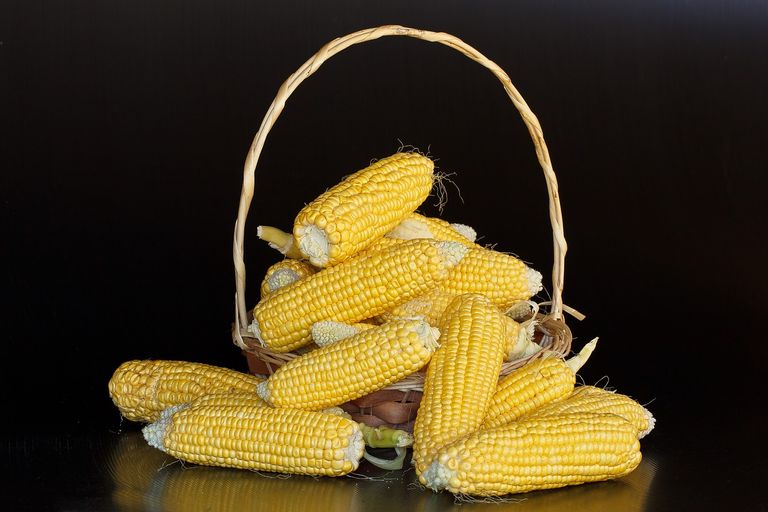
Rice: Rice production has become increasingly important in Nigeria, and efforts have been made to boost domestic rice cultivation to reduce reliance on imports. The Nigerian government has implemented policies to support rice farmers and improve local production.

Sorghum and Millet: These grains are important cereal crops, particularly in Northern Nigeria, where they are used for food, feed, and brewing purposes.
Oil Palm: Nigeria is one of the largest producers of oil palm in the world. Palm oil is a significant export commodity and is used in various food and non-food products.
Animal Farming in Nigeria:
Cattle: Cattle farming is prominent in Nigeria, with different breeds raised for meat and dairy production. Fulani pastoralists are known for their traditional nomadic cattle herding practices.
Poultry: Poultry farming, including chickens, ducks, and turkeys, is widespread across the country. It is an essential source of protein and eggs for the population.
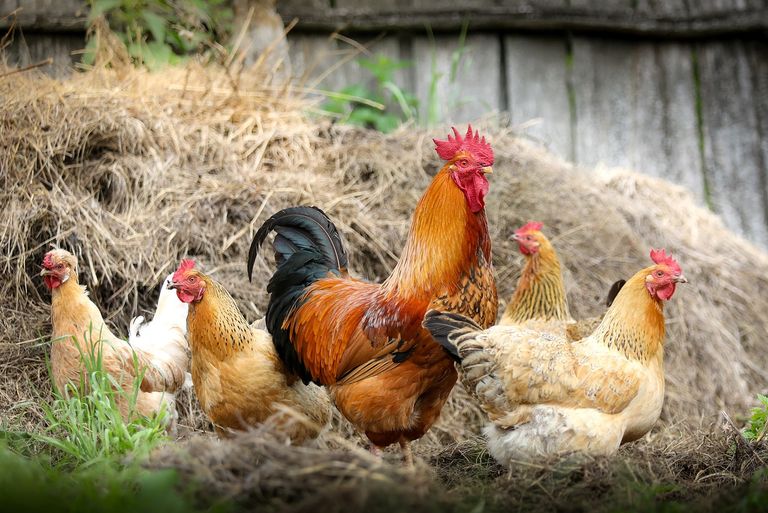
Sheep and Goats: Sheep and goats are raised for meat production and play a significant role in the cultural and religious practices of various communities in Nigeria.

Pigs: Pig farming is relatively common, especially in southern regions, where pork consumption is more prevalent.
Fish Farming: Aquaculture has been growing in Nigeria to meet the increasing demand for fish. Catfish and tilapia are the most commonly farmed fish species.
Challenges and Opportunities:
While animal and crop farming have immense potential in Nigeria, the sector faces challenges such as inadequate infrastructure, limited access to modern agricultural practices and technologies, climate change impacts, post-harvest losses, and inconsistent government policies.
However, there are also significant opportunities for growth in the sector. These include increased investment in modern farming practices, expansion of agribusinesses for value addition, improvement in storage and processing facilities, and the adoption of sustainable and climate-resilient farming techniques.
To further support the agricultural sector, the Nigerian government has implemented various initiatives, including providing financial support, promoting research and technology transfer, and creating an enabling environment for private sector investment in agriculture.
Crops that are best grown in different regions of Nigeria
Nigeria's diverse agro-ecological zones offer various opportunities for growing different crops in different regions of the country. Each region has specific climate, soil, and environmental conditions that influence the suitability of crops. Here are some examples of crops that are best grown in different regions of Nigeria:
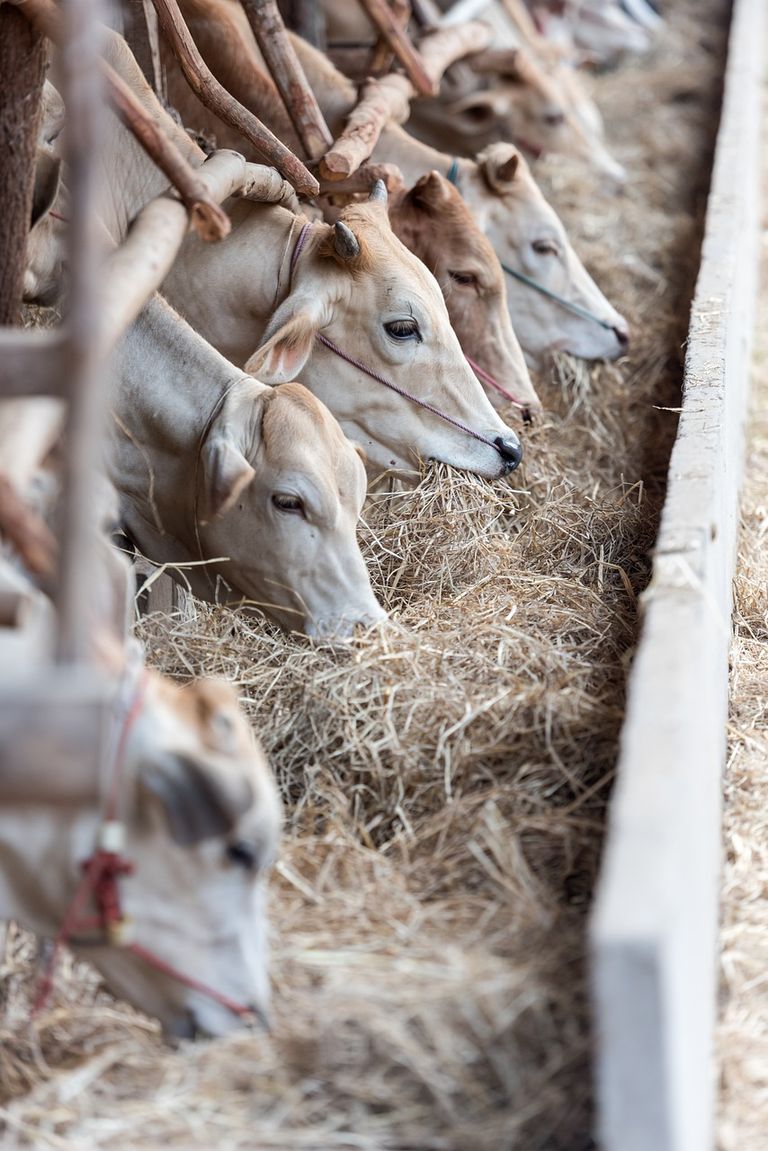
Crops and Regions:
Sorghum and Millet: These are drought-tolerant cereal crops commonly grown in the drier northern regions of Nigeria.
Groundnuts (Peanuts): Groundnuts thrive in the sandy soils and semi-arid conditions of the north.
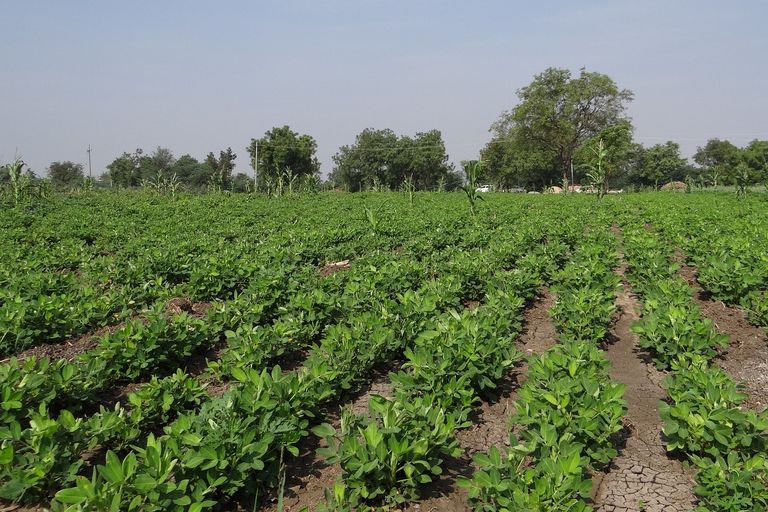
Cowpea: A legume that is well-suited to the hot and dry conditions of the northern region.
Middle Belt Region:Maize: Maize cultivation is widespread in the middle belt due to its adaptability to various soil types and favorable rainfall conditions.
Soybean: Soybean cultivation is increasing in this region due to its high protein content and suitability for the soil and climate.
Southern Region:Cassava: Cassava grows well in the southern regions with their fertile soils and more humid conditions.
Oil Palm: The southern region is ideal for oil palm cultivation due to its tropical climate.
Cocoa: Cocoa is mainly grown in the southwestern and southeastern parts of Nigeria with their suitable climate and well-drained soils.
Southwest Region:Plantains and Bananas: These fruits are commonly grown in the southwestern region due to favorable conditions for their cultivation.
Vegetables: Various vegetables, such as tomatoes, peppers, and leafy greens, are grown in this region for local consumption and supply to nearby markets.
Southeast Region:Rice: Rice farming is becoming increasingly popular in the southeast due to its favorable climate and government support for rice production.
Niger Delta Region:

Rubber: The humid and rainy conditions of the Niger Delta make it suitable for rubber tree plantations.
Oil Palm: The region is one of the major oil palm-producing areas in Nigeria.
Many crops can be grown across multiple regions of Nigeria, but certain regions might have specific advantages or challenges that make them more suitable for particular crops.
Additionally, advancements in agricultural practices and technology can also influence crop choices and expand the range of crops that can be cultivated in different regions.
The most important crops in Nigeria
Nigeria's agriculture sector relies on several important crops that significantly contribute to the country's food production, employment, and economic growth. The most important crops in Nigeria include:
Cassava: Cassava is a staple crop and one of the most important sources of carbohydrates for Nigerians. It is widely grown and consumed across the country. Cassava is used for various purposes, including human consumption, animal feed, and industrial processing (e.g., starch and flour production).
Yam: Yam is another essential staple crop in Nigeria, providing an important source of dietary energy. It is widely grown in both rural and urban areas and is a key ingredient in many Nigerian dishes.
Maize (Corn): Maize is a versatile cereal crop grown in various regions of Nigeria. It serves as a primary staple food for many Nigerians and is also used for animal feed and industrial purposes.
4.Rice: Rice has become increasingly important in Nigeria's food security efforts. The government has been encouraging local rice production to reduce reliance on imports and boost self-sufficiency.
Sorghum and Millet: These cereal crops are widely cultivated in the northern regions of Nigeria, where the semi-arid conditions are more suitable for their growth.
Groundnuts (Peanuts): Groundnuts are an important source of protein and oil in Nigeria. They are commonly grown in the northern and central regions.
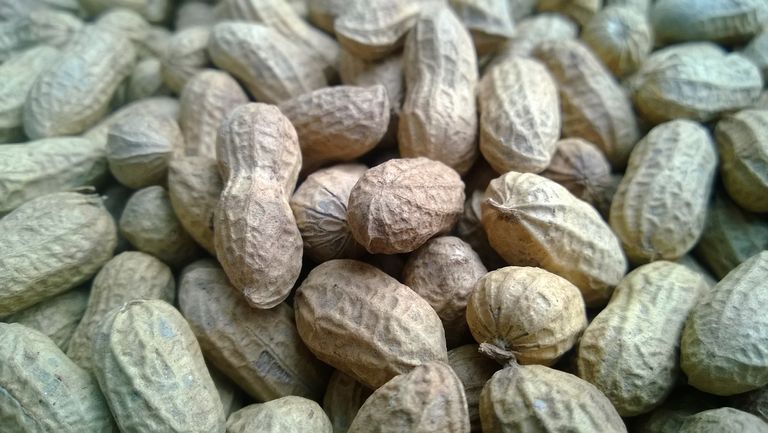
Soybean: Soybean production has been on the rise due to its high protein content and its importance in both animal feed and various food products.
Oil Palm: Nigeria is one of the world's largest producers of oil palm, and palm oil is a significant export commodity.
Cocoa: Cocoa is an essential cash crop grown in the southwestern and southeastern parts of Nigeria. It is a major contributor to the country's foreign exchange earnings.
Rubber: The Niger Delta region is known for its rubber tree plantations, contributing to the country's rubber production.
These crops are considered crucial due to their significance in terms of food security, income generation for farmers, and their impact on the country's overall economy. Nigeria's agricultural sector continues to face various challenges, but efforts are ongoing to improve agricultural practices, increase productivity, and enhance the value chain for these important crops.
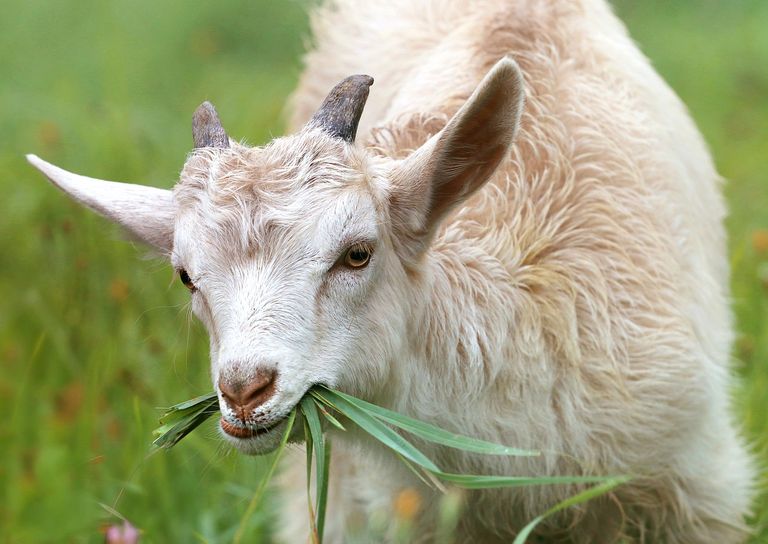
Note that the prominence of these crops may change over time due to evolving agricultural policies, market demands, and climate conditions.
Popular dishes in Nigeria
Nigerian cuisine is diverse and rich, reflecting the country's multicultural heritage and regional variations. Popular dishes in Nigeria often incorporate a wide range of ingredients and flavors. Here are some of the most popular and well-known dishes in Nigeria:
Jollof Rice: Jollof rice is a beloved one-pot dish made with rice, tomatoes, onions, and a blend of spices. It's often cooked with vegetables, meat, or fish and is a staple at celebrations and gatherings.
Pounded Yam and Egusi Soup: Pounded yam is a smooth, stretchy, and starchy side dish made from yam, served with various soups. Egusi soup, made with ground melon seeds, is a popular accompaniment.
Suya: Suya is a popular street food made from skewered and grilled spicy meat, typically beef or chicken. It's seasoned with a spicy peanut mixture and is a favorite snack or evening treat.

Moi Moi: Moi Moi is a steamed bean pudding made from ground peeled black-eyed beans, onions, and spices. It can be eaten as a side dish or as a main course.
Akara: Akara is a deep-fried snack made from peeled and ground black-eyed beans mixed with onions, peppers, and spices. It's crispy on the outside and soft on the inside.
Boli: Boli is roasted plantains, often served with groundnut (peanut) sauce or spicy pepper sauce.
Pepper Soup: Pepper soup is a spicy broth made with various meats (such as fish, chicken, or goat meat), seasoned with spices, and simmered with vegetables.
Efo Riro: Efo Riro is a hearty and flavorful spinach stew cooked with assorted meats and often enjoyed with rice, yam, or plantains.
Served with various stews and sauces, such as tomato stew, vegetable sauce, or groundnut (peanut) soup.Chin Chin: Chin chin is a crunchy and sweet deep-fried snack made from flour, sugar, milk, and spices. It's often enjoyed as a treat or dessert.
Ofada Rice and Ayamase Stew: Ofada rice is a locally grown variety of rice, typically served with Ayamase stew, which is made with green peppers and assorted meats for a spicy and aromatic flavor.
Efo Elegusi: Efo Elegusi is a soup made with melon seeds, leafy greens, and assorted meats.
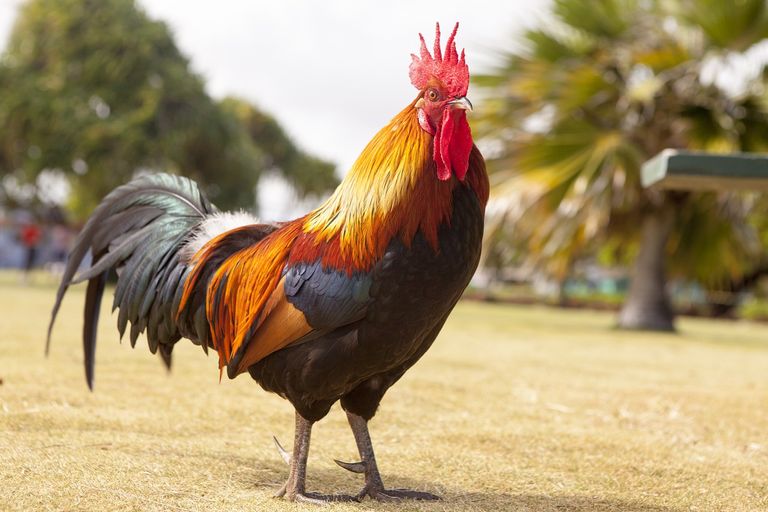
These are just a few examples of the popular dishes you can find in Nigeria. The country's cuisine is incredibly diverse, and each region may have its own unique dishes and flavors based on local ingredients and traditions.
Rate of meat consumption in Nigeria
Meat consumption in Nigeria was relatively high compared to many other countries. Meat is an essential part of the Nigerian diet and is consumed in various forms, including beef, chicken, goat meat, and fish. Nigerians typically include meat in their daily meals, making it a significant source of protein and nutrition for the population.
The high rate of meat consumption in Nigeria is attributed to several factors:
Cultural Significance: Meat plays a crucial role in Nigerian culture and traditional cuisine. Many Nigerian dishes, such as soups, stews, and grilled meats, heavily feature meat as a central ingredient.
Population Growth: Nigeria has a large and rapidly growing population, leading to increased demand for food, including meat.
Rising Income Levels: As the economy grows and people's incomes rise, there is a higher capacity to afford meat, leading to increased consumption.
Urbanization: Urban areas in Nigeria have seen significant growth, leading to changes in dietary patterns and an increased preference for processed and convenience foods, including meat products.
Changing Lifestyles: As lifestyles change, there is a shift toward more meat-based diets due to factors like increased fast food consumption and a preference for protein-rich foods.
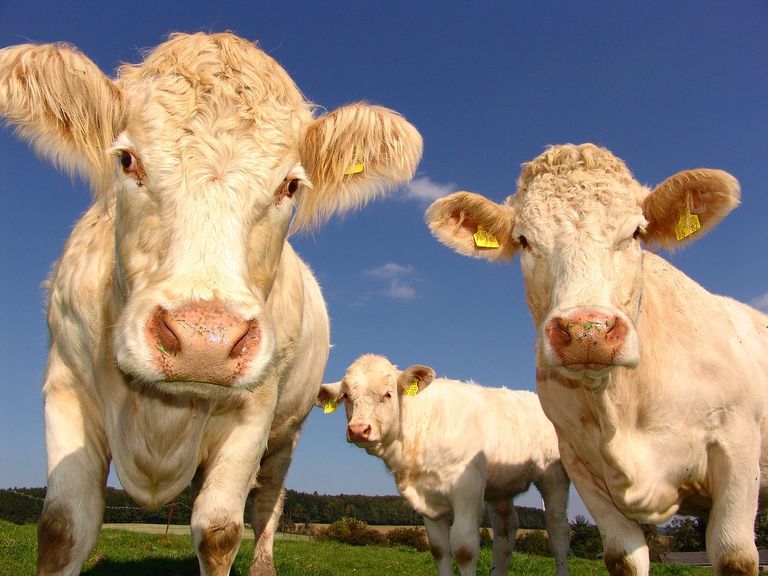
However, it's essential to note that meat consumption rates can vary across different regions and socio-economic groups within Nigeria. While meat consumption is relatively high overall, it may be more limited in some rural or low-income areas due to affordability and access issues.
Most consumed meat in Nigeria
Here are the most consumed meats in Nigeria are:
Poultry (Chicken): Chicken is the most widely consumed meat in Nigeria. It is readily available, relatively affordable, and commonly used in various dishes, including soups, stews, grills, and fast-food items like fried chicken.
Beef: Beef is another popular meat in Nigeria, especially in dishes like pepper soup, suya (grilled spicy meat), and various stews and sauces.
Goat Meat: Goat meat, also known as mutton or chevon, is highly valued in Nigerian cuisine. It is often used in traditional dishes and celebrations due to its tender texture and distinct flavor.
Fish: Fish is a significant part of the Nigerian diet, especially in coastal regions and areas near rivers and lakes. It is consumed in various forms, such as grilled, smoked, fried, or used in soups and stews.
Pork: Pork consumption is relatively limited in Nigeria, primarily due to cultural and religious factors, as a significant portion of the population is Muslim or Christian.
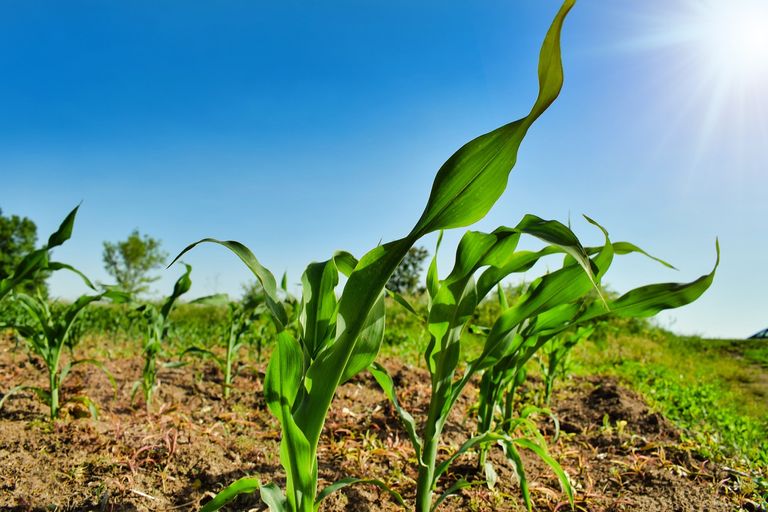
Note that the popularity of meats can vary based on cultural, regional, and religious differences within Nigeria. Additionally, the consumption patterns of meats may have changed since my last update, so it's best to refer to more recent sources or studies for the most up-to-date information on meat consumption in Nigeria.
Why we Nigerians need to put more efforts in animal farming
There are several reasons why we Nigerians need to put more efforts into animal farming:
Food Security: Animal farming, such as poultry, cattle, and fish farming, provides a significant source of protein and essential nutrients to the Nigerian population. By increasing animal farming efforts, the country can enhance its food security and reduce dependence on imported meat products.
Economic Opportunities: Animal farming presents substantial economic opportunities for Nigerians. It generates employment across various stages of the value chain, from farming and husbandry to processing, distribution, and marketing. Investing in animal farming can help create income-generating activities, especially in rural areas, and alleviate poverty.
Diversification of Income: Engaging in animal farming allows farmers to diversify their income streams. This is particularly important in a predominantly agrarian country like Nigeria, where agricultural activities often serve as the primary source of livelihood for many people.
Export Potential: Nigeria has the potential to become a significant exporter of meat and animal products to international markets. By increasing the scale and improving the quality of animal farming, the country can tap into export opportunities, boosting foreign exchange earnings.
Improved Nutrition: Adequate animal protein in the diet is crucial for overall nutrition, especially for vulnerable groups like children and pregnant women. Enhancing animal farming can contribute to better nutrition and overall health outcomes in the population.
Technology and Knowledge Transfer: Investing in animal farming promotes the transfer of modern farming technologies and practices. This can lead to improved productivity, efficiency, and sustainability in the agricultural sector as a whole.
Livestock By-Products: Animal farming not only provides meat but also produces other valuable by-products, such as milk, eggs, leather, and manure. These by-products have numerous applications in various industries, adding value to the overall economy.
Climate Change Resilience: Integrating livestock into agricultural systems can enhance climate change resilience. Properly managed livestock can contribute to soil fertility, waste recycling, and sustainable land use practices.
Support for Crop Farming: Animal farming can complement crop farming through integrated farming systems. Livestock can help in recycling crop residues, providing organic manure, and reducing pest and weed pressure.
Fulfilling Market Demand: As Nigeria's population continues to grow, the demand for animal products is also increasing. By putting more efforts into animal farming, the country can meet the growing domestic demand for meat and other animal-derived products.
To know these benefits, it is good to address challenges in the sector, such as inadequate infrastructure, limited access to veterinary services and quality feeds, disease management, and sustainable land use practices. Government support through policies, investment, and extension services can play a crucial role in promoting and sustaining animal farming in Nigeria.
Animal farming plays a vital role in Nigeria's agricultural sector and holds significant potential for the country's food security, economic growth, and overall development. The high demand for animal products, including meat, eggs, and milk, makes animal farming a critical component of the Nigerian diet and nutrition.
By putting more efforts into animal farming, Nigerians can address several important challenges and opportunities. Increasing the scale and efficiency of animal farming can enhance food security, reduce reliance on food imports, and create economic opportunities for farmers and the rural population. It can also lead to income diversification, job creation, and improved livelihoods, especially in agricultural communities.
Furthermore, developing the animal farming sector can contribute to Nigeria's export potential, enabling the country to tap into international markets and earn foreign exchange. The integration of modern farming technologies and practices can increase productivity, promote sustainability, and support climate change resilience in the agricultural sector.
It is essential for stakeholders, including the government, private sector, and farmers, to work collaboratively to address challenges in the animal farming sector. Improving infrastructure, access to veterinary services, and quality feed supply are crucial steps to ensure the sector's success.

Conclusion
By recognizing the significance of animal farming and investing in its growth, Nigerians can bolster the agricultural sector, strengthen food security, and contribute to the overall well-being and prosperity of the nation. With thoughtful planning, support, and dedication, Nigeria can harness the potential of animal farming and reap the benefits for its people, economy, and environment.